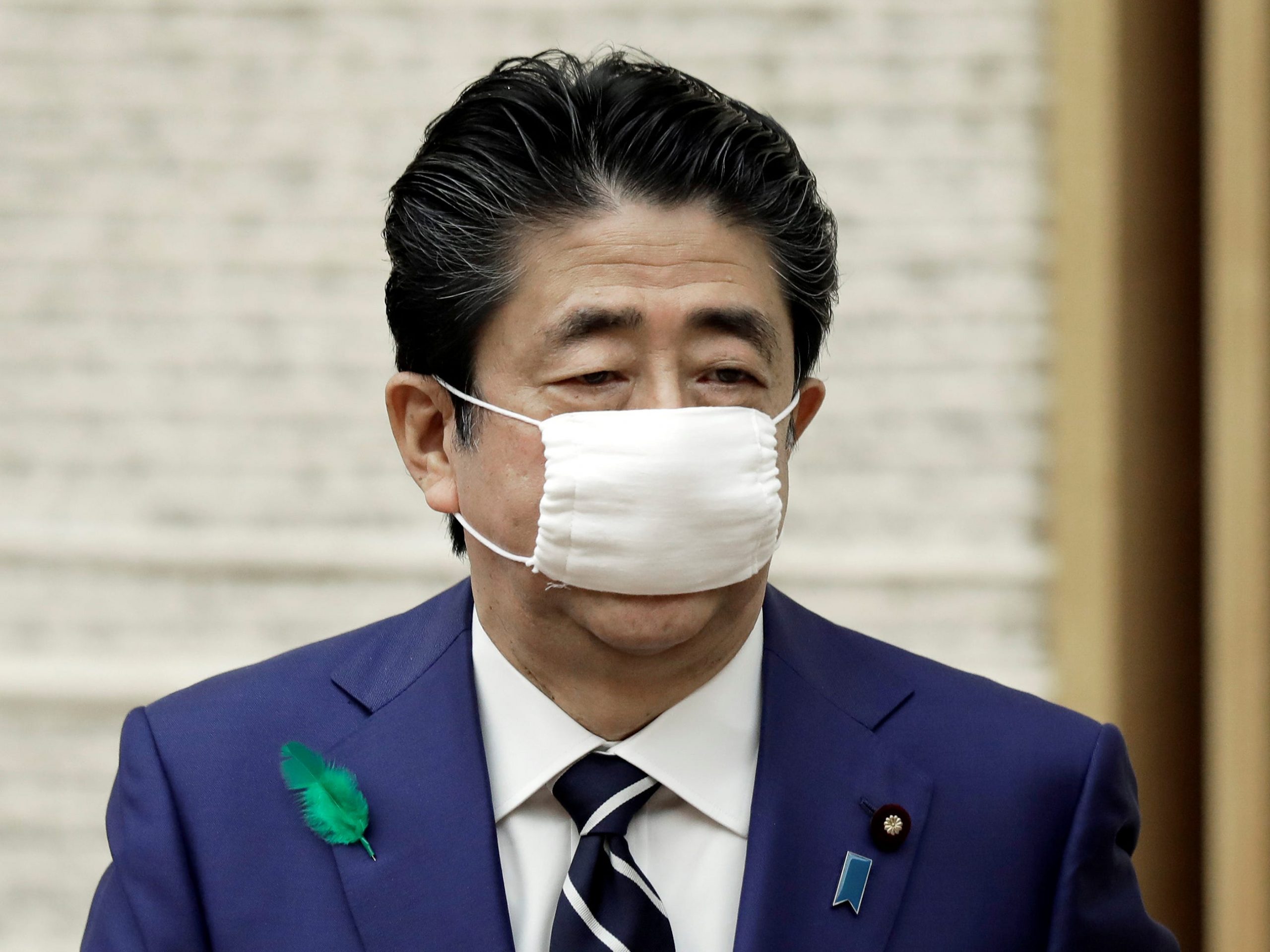- Japanese Prime Minister Shinzo Abe announced Friday that he will step down soon, citing worsening health problems.
- Abe, Japan’s longest-serving prime minister, has ulcerative colitis, a bowel condition.
- He has had the condition for years, but said Friday, it had worsened. He said he did not want his illness to affect his decision-making.
- The prime minister has come under fire recently for his handling of the coronavirus pandemic and scandals among party members.
- Visit Business Insider’s homepage for more stories.
Japan’s Prime Minister, Shinzo Abe, said Friday that he would resign soon, citing the resurgence of a chronic health problem.
Abe said that his ulcerative colitis – a bowel condition he has long suffered from – had recently come back worse, according to the BBC.
He said that was stepping down so that his health issues did not affect his decision-making. Abe is Japan’s longest-serving prime minister.
Abe has battled the disease ulcerative colitis for years and made two recent hospital visits within a week, Reuters previously reported.
This prompted questions of whether he could stay in the job until the end of his term in September 2021.
The conservative member of parliament returned as prime minister for a rare second term in December 2012, pledging to revive growth with his "Abenomics" mix of hyper-easy monetary policy, fiscal spending and reforms.
On Monday, he surpassed a record for longest consecutive tenure as premier, which was set by his great-uncle Eisaku Sato.
Under fire for his handling of the coronavirus pandemic and scandals among party members, Abe has recently seen his support fall to one of the lowest levels of his nearly eight years in office.
He resigned abruptly as prime minister before, in 2007, citing ill-health after a year plagued by scandals in his cabinet and a huge election loss for his ruling party.
He had since kept his illness in check with medicine that was not previously available.










